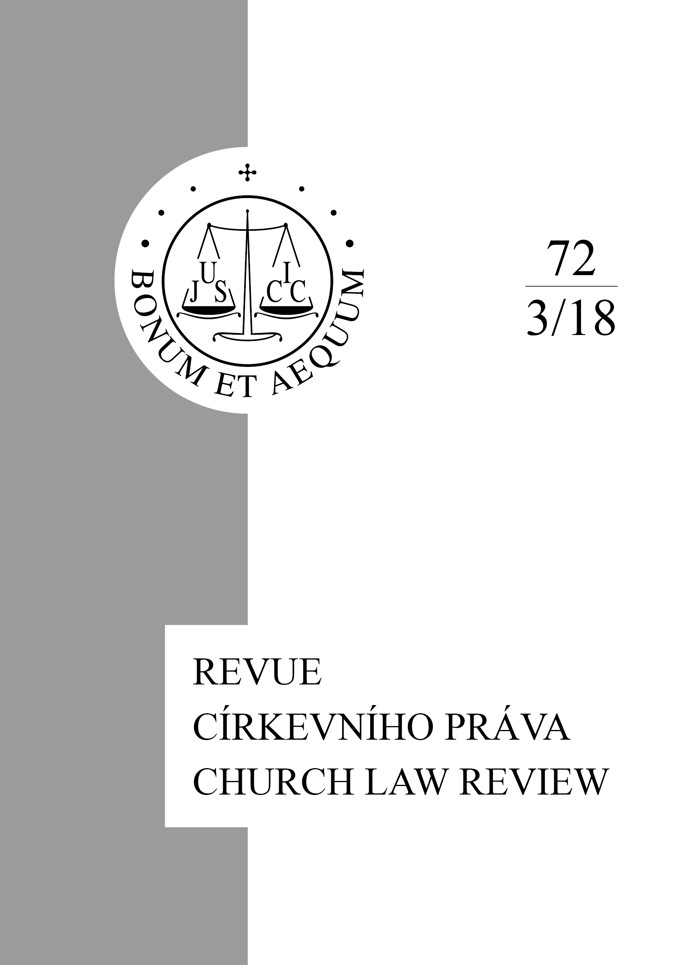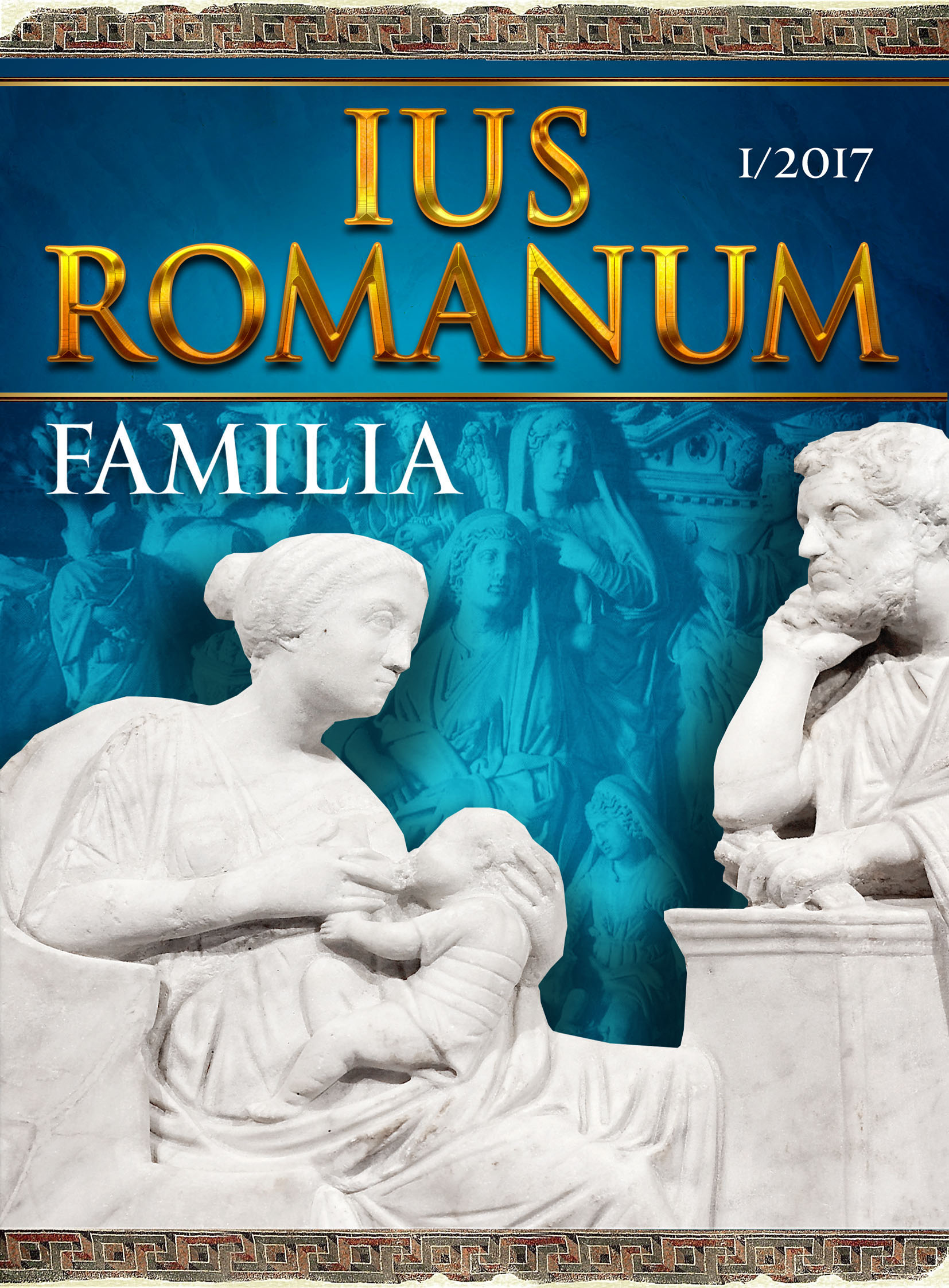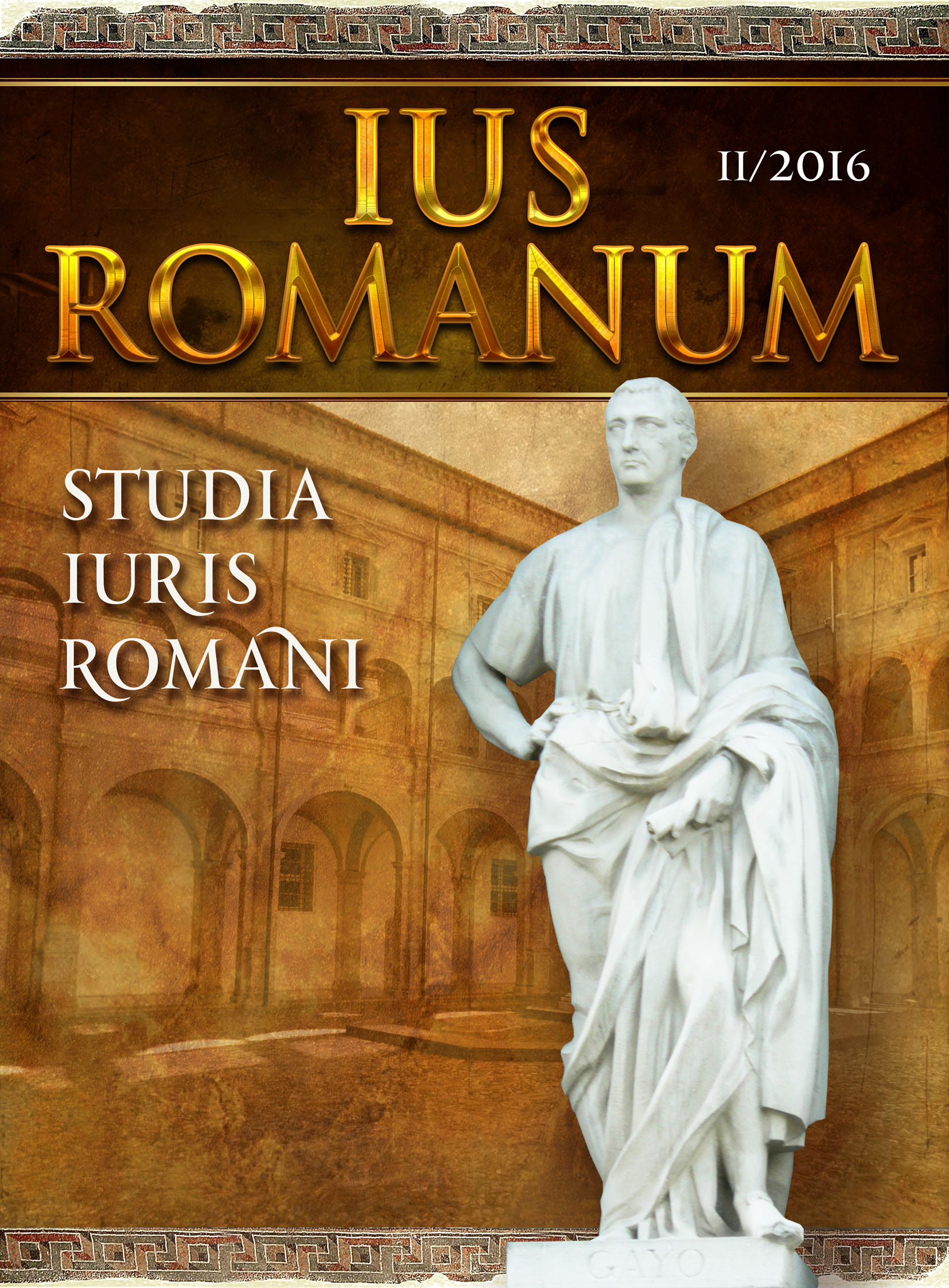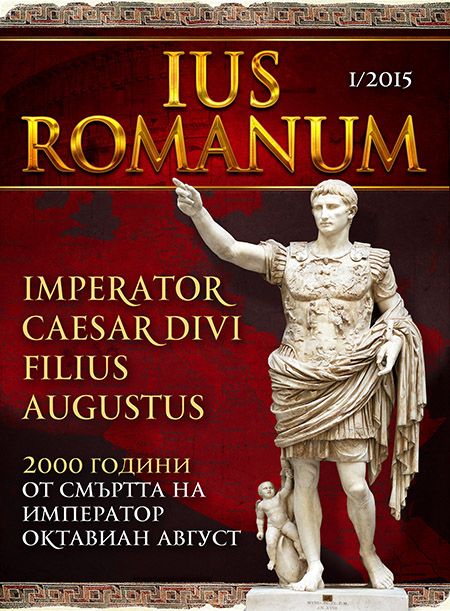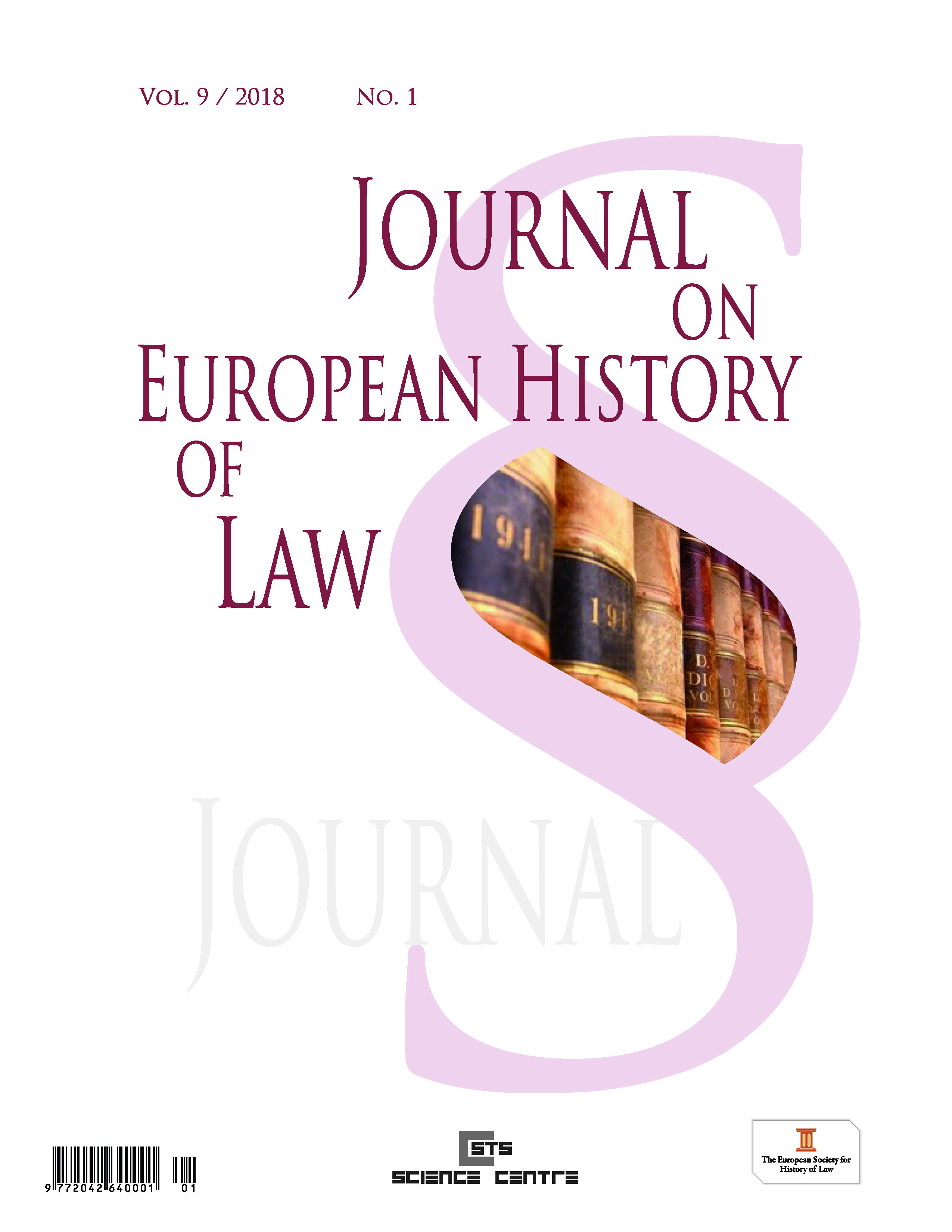
The Development of the German Criminal Law of Evidence between 1750 and 1870: from the System of Legal Proofs to the freie beweiswürdigung – Part 1
In this article a description is given of the development of the criminal law of evidence between 1750 and 1870. This period saw the transition from a relatively rigid system of legal proofs which predetermined when there was sufficient evidence for a condemnation, to a system based on the free evaluation of the evidence by either professional judges or lay jurors. The reform of the criminal law of evidence, furthermore, formed part of a more general reform of the criminal procedural law which is commonly designated as the change from the old ‘inquisitorial procedure’ to the modern ‘reformed criminal procedure’ (reformierte Strafprozess) or Anklageprozess. It is the central contention of this article that the reform of the criminal law of evidence can, to an important extent, be explained by two larger underlying ideological changes. These new ideas derived from a change in the epistemological and the political-constitutional discourses between the seventeenth and nineteenth centuries.
More...
